Protein and Pregnancy
Pregnancy is a time of heightened nutrition needs. One nutrient with specific increased guidelines for intake is protein. There are many reasons why protein needs are heightened during this life stage. The main ones are fetal, uterine, and supporting muscle growth/development/repair, as well as support for bone health, digestion, and immunity.
While an overall energy increase is often achieved during these life stages, there is concern with whether adequate attention is paid to protein intake among pregnant and breastfeeding women. The Dietary Recommended Intake guidelines call for an additional 25 grams of protein per day on top of usual 0.8 g/kg body weight per day recommendation. This means an average intake of 70-100 grams per day is ideal.
Why are these guidelines often not met?
There are three top considerations as to why protein intake may be lacking in pregnancy and while breastfeeding.- Food aversions: It is quite common for pregnant women to experience food aversions due to hormonal shifts that lead to nausea and vomiting. During the early months of breastfeeding these may remain.
- Protein source/quality: Protein sources are not all created equal. Animal-based sources have all the amino acids that our body cannot make, these are called “essential amino acids”. However, most plant-based protein sources do not have these which means that they offer a lower quality protein. Being aware of how much quality protein one is eating is just as important as the quantity.
- Energy/time: Energy levels tend to be lower during the first and third trimesters of pregnancy and time is of low availability in the early months of motherhood when the baby is breastfeeding around the clock. During all of these times, quick and easy nutrition options are of paramount importance.
How is collagen specifically helpful during pregnancy and postpartum?
While overall protein is of highest importance, there are certain ways that collagen intake may be specifically helpful in supporting a woman’s health during pregnancy and postpartum.Bone, Joint, Hair, and Skin Health.
Due to intense hormone shifts and common nutrient deficiencies that accompany pregnancy and breastfeeding there is concern about increased risk for osteoporosis. Women also report experiencing hair loss, dry skin, and joint pain.Bone Health: While 90% of our bone is laid by the time we are 18, we have until we are 30 to build up our complete bone length and density. After that we can only retain it or lose it. During pregnancy and breastfeeding, women are at risk of bone resorption. This means their bone density may be compromised. Nutrition plays a strong role in bone building and retention at all times, especially during pregnancy and while breastfeeding. Research shows that hydrolyzed collagen has properties which support bone health through stimulation of bone-forming cells and optimal calcium absorption. Therefore, a daily collagen supplement may in turn reduce a woman’s risk of osteoporosis later in life.
Hair and Skin Health: Consistent intake of hydrolyzed collagen has been found to have a positive influence on the strength and moisture content of skin and hair. This is of prime interest during pregnancy as hormone and micronutrient shifts can lead to dry skin/hair, as well as hair loss, in the later stages of pregnancy and up to a year postpartum.
Joint Pain: There is a hormone released during pregnancy called “relaxin”. This is important for relaxation of the muscles surrounding the uterus as the baby grows, as well as during delivery. However, it also leads to joint pain and weakness in other areas of the body. Collagen has been shown to help reduce joint pain in non-pregnant individuals leading to the hypothesis that it could do the same during pregnancy and the early days of postpartum.
Sleep
Glycine levels in the body support quality sleep and neurological functioning. Glycine is the amino acid of greatest abundance in collagen. While this is a non-essential amino acid, meaning the body can make it, research has shown that even when protein recommendations are met, the body does not always make glycine in optimal amounts.
Sleep is something that is hard to come by for a women in her third trimester of pregnancy, and in the first few months of motherhood. Ideally, when a mom is able to sleep, it is quality sleep. For this reason and more, it may be beneficial to include a collagen supplement in their diet. One scoop of Sproos hydrolyzed collagen offers 2180 mg of glycine.
Gut Health and Immunity.
Amino acids are used in the body for more than just building body proteins. They are also the basis of creating enzymes for digestion and antibodies to support immunity. Hydrolyzed collagen provides amino acids that have been shown to have anti-inflammatory and antioxidant capacities which support optimal gut health and immunity. Glycine specifically, the amino acid mentioned above, may help guard against many chronic diseases such as cancer, cardiovascular disease, and metabolic disorders.Recovery from Labour and Delivery.
Wound healing is optimal when there is adequate vitamin A, vitamin C, zinc, and high-quality (aka compete) protein. Whether a mom is recovering from a vaginal delivery or c-section, there is important healing that must take place. Collagen can be part of a healthy, balanced diet including other high-quality protein sources to support optimal recovery post birth.But is it safe?
Now you may now be thinking, “Okay I see the benefits, but is it safe?” Natural Health Products are always challenging to discuss with respect to safety during pregnancy and breastfeeding. This is because ethics prevents the conducting of direct research with them. We do know that collagen is simply a supply of amino acids, so the main caution is to ensure that you are not using it in quantities that lead to an over-abundant intake. For example, ideal goals for most pregnant women is 70-100 grams per day when taking all sources into consideration. Any collagen consumed should be included in this intake
References
- Daneault A, Prawitt J, Soulé VF, Coxam V, Wittrant Y. (2017). Biological effect of hydrolyzed collagen on bone metabolism. Critical Reviews in Food Science and Nutrition. 57 (9): 1922-1937. Retrieved from:
- https://www-tandfonline-com.proxy1.lib.uwo.ca/doi/full/10.1080/10408398.2015.1038377
- Hyde NK, Brennan-Olsen SL, Bennett K, Moloney DJ, Pasco JA. (2017). Maternal Nutrition During Pregnancy: Intake of Nutrients Important for Bone Health. Maternal and Child Health Journal. 21:845–851.Retrieved from: https://link-springer-com.proxy1.lib.uwo.ca/content/pdf/10.1007%2Fs10995-016-2178-7.pdf
- Kovacs, CS. (2016) Maternal Mineral and Bone Metabolism During Pregnancy, Lactation, and Post-Weaning Recovery. Physiological Reviews.96(2):449-547.Retrieved from: https://www-physiology-org.proxy1.lib.uwo.ca/doi/full/10.1152/physrev.00027.2015
- Razak MA, Begum PS, Viswanath B, and Rajagopal S,. (2017). Multifarious Beneficial Effect of Nonessential Amino Acid, Glycine: A Review. Oxidative Medicine and Cellular Longevity. Article ID 1716701, 8 pages. Retrieved from:https://doi-org.proxy1.lib.uwo.ca/10.1155/2017/1716701.
- Stechmiller JK. (2010). Understanding the Role of Nutrition and Wound Healing. Nutrition in Clinical Practice. Vol. 25 (1): 61-68. Retrieved from:https://journals-scholarsportal-info.proxy1.lib.uwo.ca/pdf/08845336/v25i0001/61_irutronawh.xml
 |
Noelle MartinRegistered Dietitian, Food/Lifestyle BloggerNoelle Martin is a Registered Dietitian, Food/Lifestyle Blogger, and a mom of three young boys. You can find Noelle on Instagram at @motherhoodandmeals and @nourished_beginnings and on her blog www.motherhoodandmeals.com.Instagram / Website |


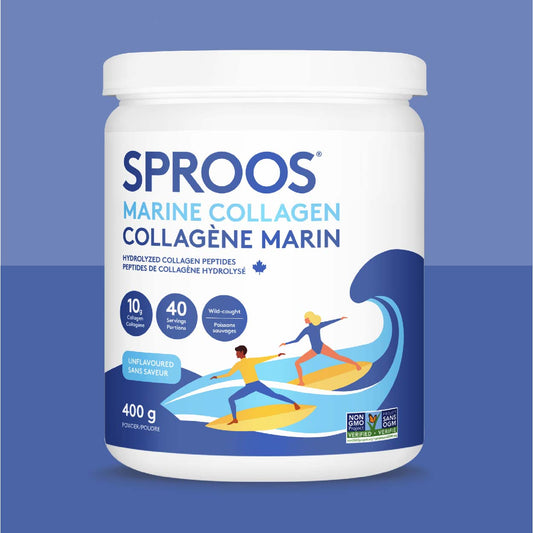
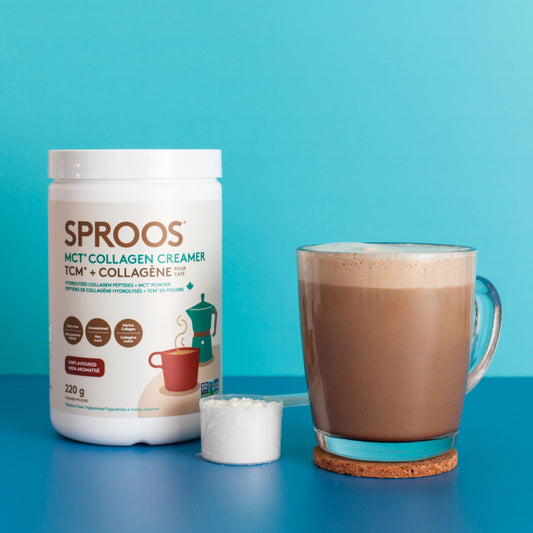
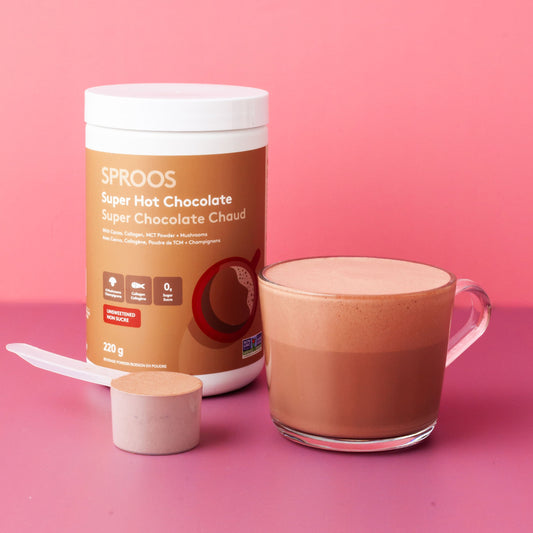




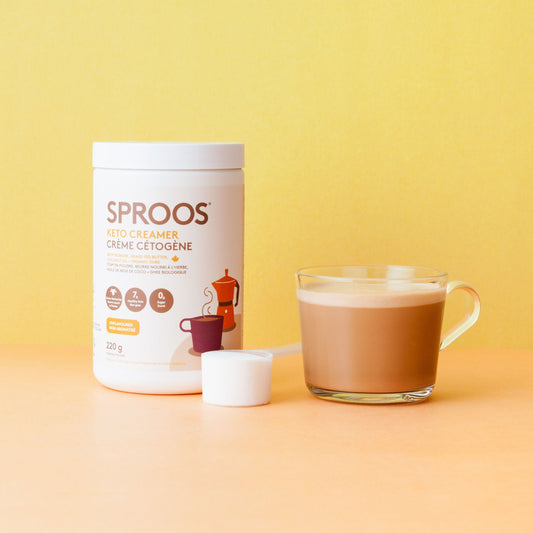
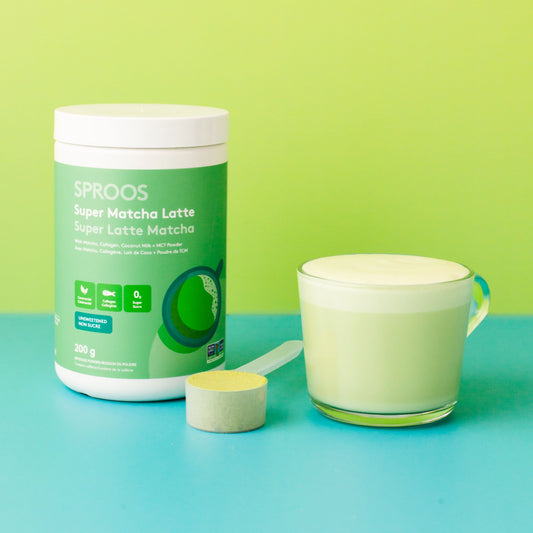


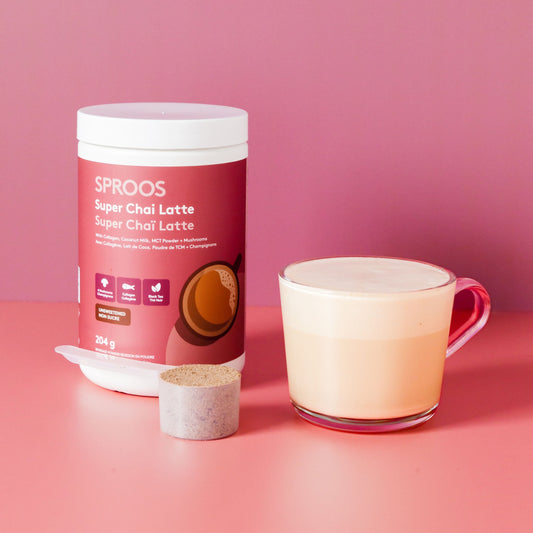
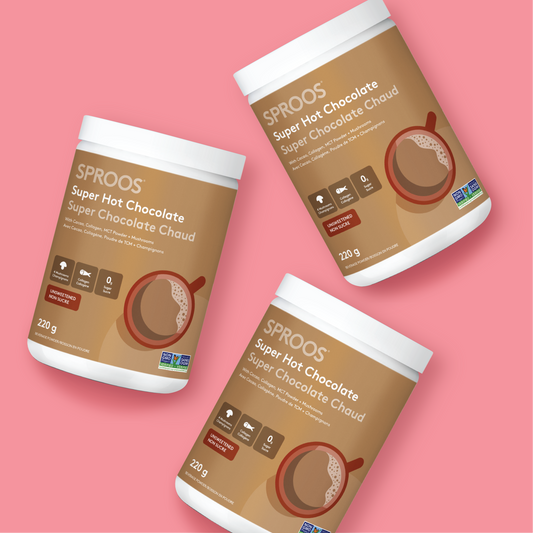
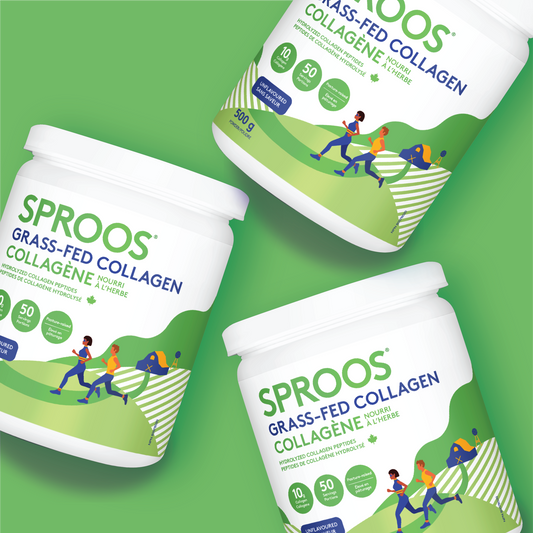
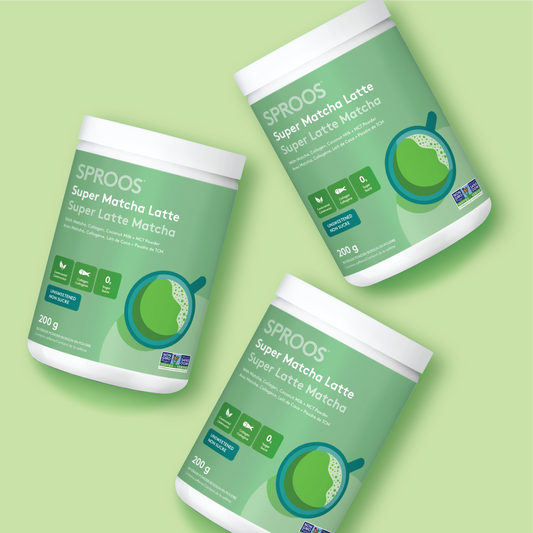
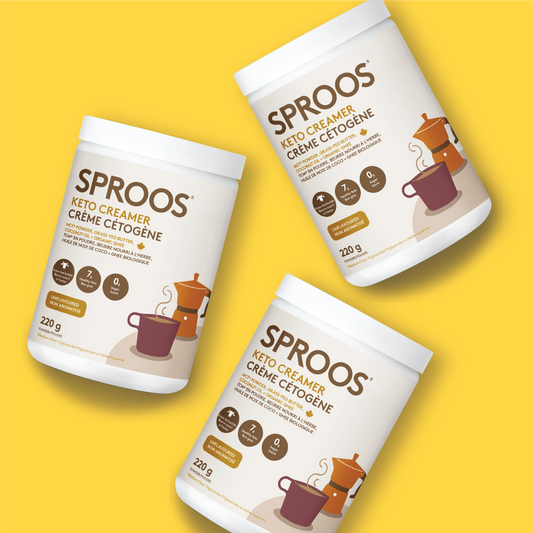
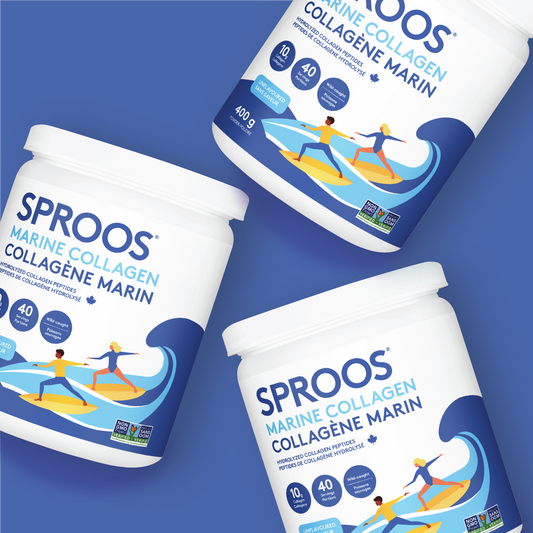
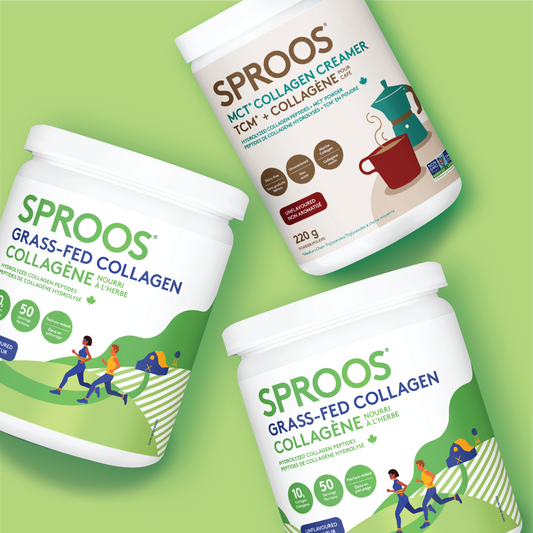
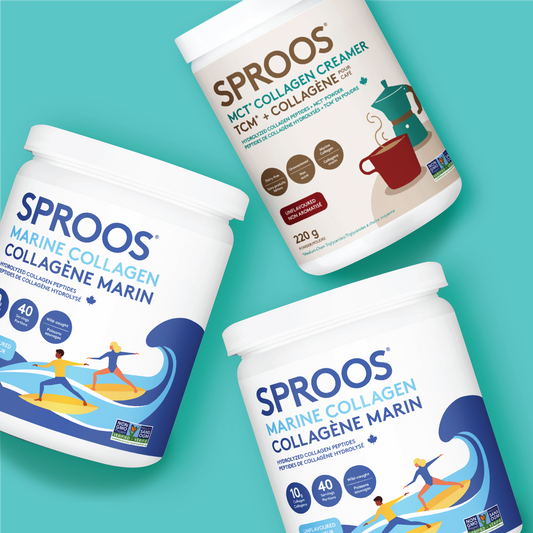
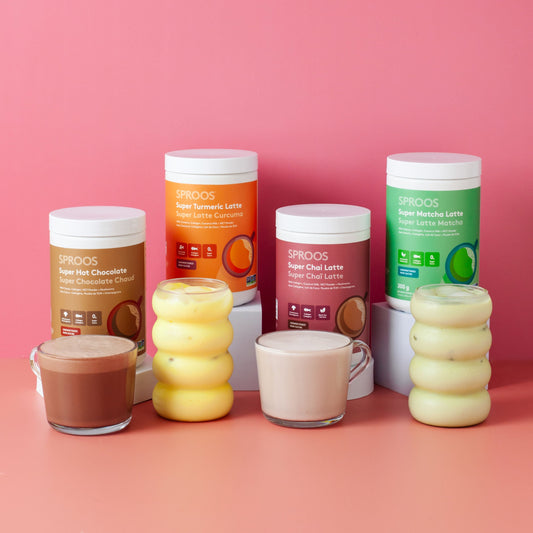
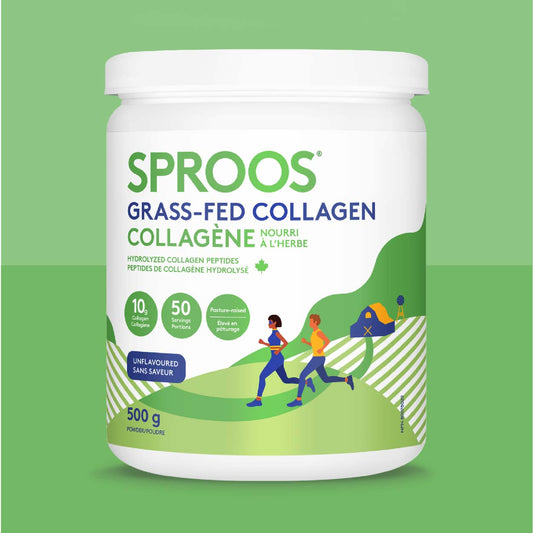
3 comments
Greeting : Telkom University
Are there any specific types of collagen supplements that are considered safe for pregnant and breastfeeding women?
Visit us Telkom University
What are the potential benefits and risks of taking collagen supplements during pregnancy and breastfeeding?
Is it safe to take collagen supplements while pregnant or breastfeeding?
Regard Telkom University